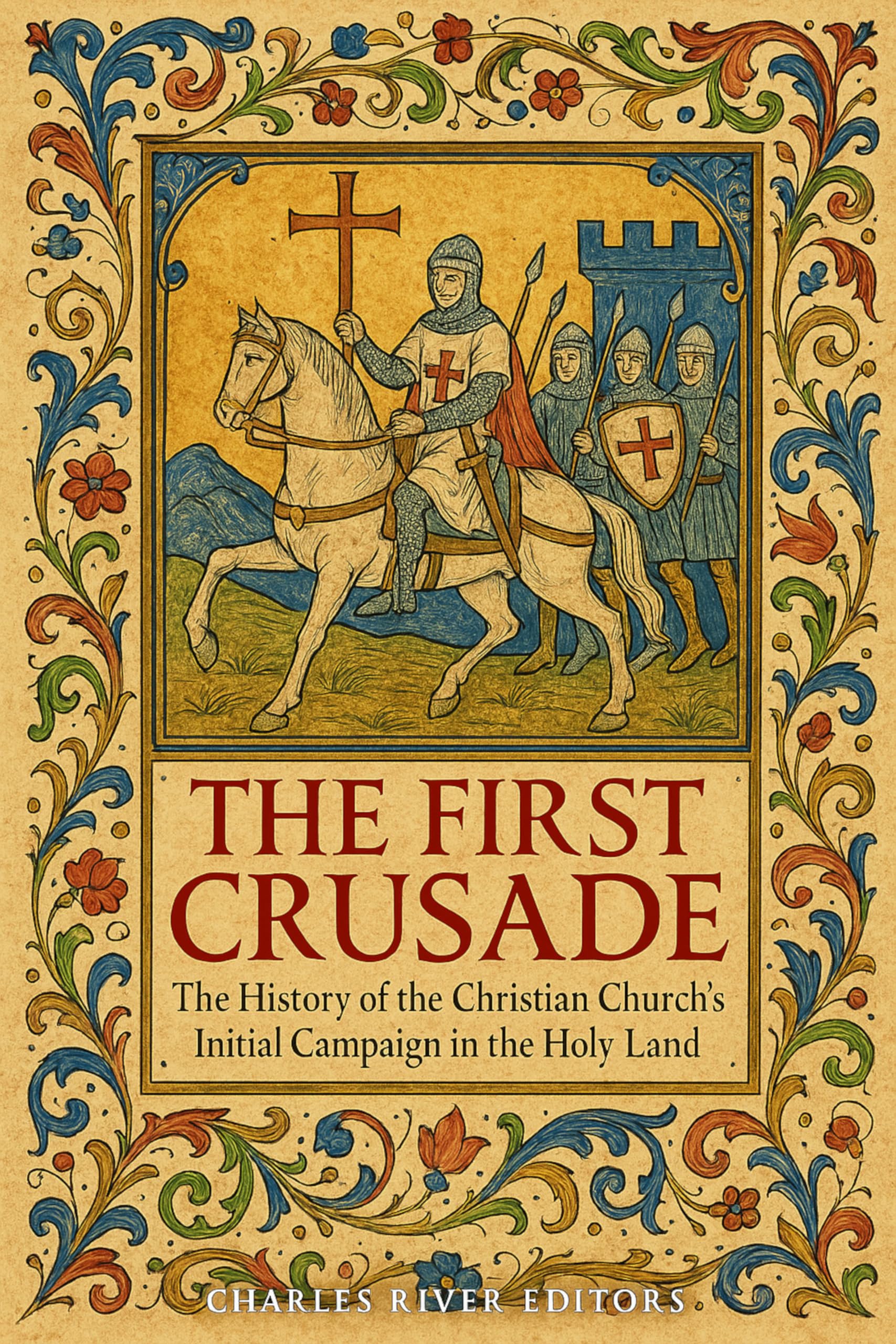Of the many campaigns during the Middle Ages, few are as remarkable or seemingly impossible to win at the start as the First Crusade (1095-99), and the true crowning achievement of that crusade, which resulted in two centuries of Western European Christian states in the Middle East and the permanent firing of the European imagination, was the conquest of Jerusalem on July 15, 1099 after three weeks of siege. That victorious siege came four years after the call for a crusade first went out, and had the Crusaders not taken Jerusalem, the First Crusade would not likely have been followed by any more and the campaign might have been no more than an historical footnote of what could have been.As it turned out, the siege of Jerusalem and the crusade as a whole says much about the first major clash of Western and Eastern military tactics after the fall of the Roman Empire, as well as the power of faith and even fanaticism to motivate people beyond ordinary human endurance. For better and worse, the siege and fall of Jerusalem to the Crusaders has become a fundamental piece in the current view of the West in that part of the world. Indeed, to this day, the First Crusade remains a polarizing event, even among modern historians. For some, the Crusaders were heroes and saints, and for others they were devils who disrupted the peaceful local sects of Muslims, Jews, and Christians, establishing an alien colony that heralded modern European imperialism. In fact, the First Crusade is a good example of why it is unwise to choose sides in history, because neither side was correct and the situation was highly complex.What’s often forgotten about the Crusades is that they started inauspiciously for the Europeans, and the first army to arrive in the Middle East had an extremely checkered history even before it was decimated. On October 21, 1096, in the proximity of Helenopolis, which is now known as the village of Hersek in Bithynia, a contingent of Crusader pilgrims was massacred by the Seljuk Turkish army, which had strategically positioned itself in anticipation of an ambush. The event took place in a significantly symbolic location in the Christian tradition. Indeed, the name Helenopolis is derived from the legend that Helen, the mother of Constantine and a notable proponent of her son’s conversion, was born there. This was where the castle of Kibotos, also known as Civetot, once stood, constructed under Byzantine Emperor Alexius Comnenus’s orders. It was near this castle that Crusader pilgrims established their encampment, leaving behind women, children, and the elderly as they prepared to launch an attack on the Turkish forces in Anatolia. The surprise attack was brought to a swift end by the Turkish forces’ superior tactics and equipment, which ultimately resulted in the massacre of the Christian population and the capture of numerous prisoners. Though it went largely unremarked in the Islamic world at the time, the First Crusade has since become a contentious symbol of European imperialism in the Middle East. Debate over whether the Crusades can truly be perceived as an early example of European colonialism continues in medieval historiography, though the evidence for this is thin. The territory taken by the Franks from the Turks had previously belonged to Eastern Christians and had only recently been seized by the Turks themselves. The Crusader States were relatively small and weak, and they were reconquered centuries before modern European colonialism began. The Crusaders themselves saw it as a holy war of reclamation of previously lost (albeit almost-mythical) territory. To them, the Muslims were the first aggressors, and they were somewhat bolstered in this view by the support that they largely held from local Christians.
save
$4.99The First Crusade: the History of the Christian Church’s Initial Campaign in the Holy Land
$0.00$4.99
Explore the complex dynamics of the First Crusade, a pivotal conflict that shaped Western and Eastern relations, faith, and the legacy of European imperialism in the Middle East.
| book-author |
|---|











